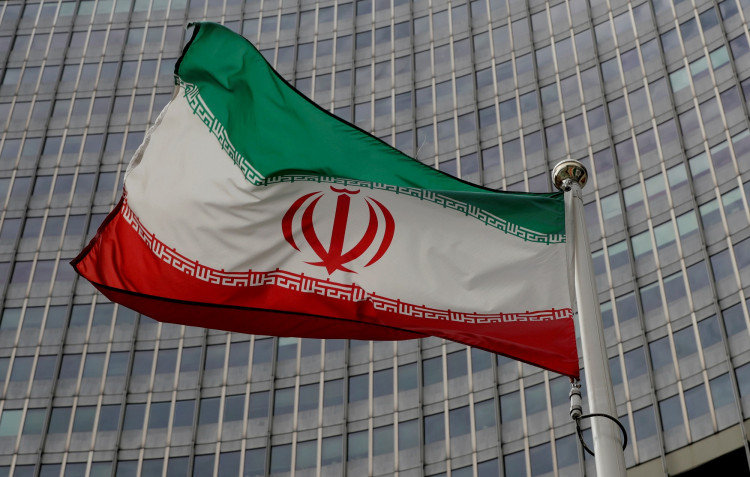Massive protests broke out in Iran on Thursday after the government announced that it was no longer giving out food subsidies. Residents protested against the move as food prices in the country remained significantly elevated due to the pandemic, global inflation, supply chain disruptions, and the war in Ukraine.
On Thursday, prices of basic commodities such as eggs, chicken, milk, and cooking oil jumped by more than 300%. Hours before the price hike took effect, millions of Iranians flocked to supermarkets and emptied their shelves. The panic buying continued until no supply was left for most items.
Some videos posted on social media showed panicked residents ransacking major supermarkets and shoving essentials into giant plastic bags. Late Wednesday, lines snaked out of food stores in Tehran. Iran's currency fell to a low of 300,000 rials to the dollar on Thursday.
The events reflected not just the country's deep worry and displeasure with its leaders but also the country's massive economic and political issues. Protesters Thursday were carrying banners demanding the death of Iranian President Ebrahim Raisi, who had previously promised to create jobs and hasten the economy's recovery.
Raisi has also promised to work to raise international sanctions against Iran. However, talks to revive the nation's nuclear deal with major powers have remained unsuccessful, further degrading the nation's economy and its citizen's purchasing power.
Unlike previous protests, the demonstrations are reportedly no longer being limited to the capital city of Tehran. Local media reports claimed that protests have also been erupting in other urban and rural areas around the country.
Due to global supply chain disruptions and Russia's invasion of Ukraine, which both are major exporters of basic goods, food prices have risen across the Middle East. Iran gets half of its cooking oil from Ukraine, where the war has forced many manufacturing facilities to shut down. The country produces nearly half of its own wheat, while the rest of it comes from Russia.
The Iranian government had attempted to quickly alleviate the suffering of residents by implementing different emergency measures, including the issuing of subsidy payments of $14 each month for each citizen. Iranian officials appear to be ready for the worst as fury over soaring prices continues to grow.
Authorities appeared to have shut off practically all internet access in cities across Khuzestan province, global research group Article 19 has claimed. Experts said the government is shutting down online communications to prevent people from organizing more protests and rallies.






